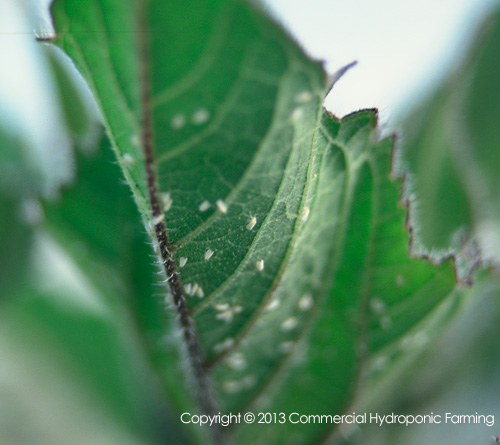Potassium (K) – It’s role in plant growth
Potassium is the most abundant monovalent cation in plant tissue. It is highly mobile which explains why deficiency symptoms can occur so rapidly. The concentration of potassium is directly related to the physiological activity of the plant. That is why young plants have higher potassium levels than older mature plants.
Potassium is essential in regulating the osmotic potential and translocation of sugars in the plant. It is taken up through an active transport system which is related to the osmotic pressure of the plant cells. Potassium is not build into other compounds such as nitrogen and phosphorus. It does, however, play an important part in optimizing photosynthetic activity. The main functions of potassium are:
- Nitrogen assimilation
- Energy relations through ATP production
- Water relations through stomata control and turgor control
- Starch synthesis
- Translocation of carbohydrates
- Enzyme activation
Share This Story, Choose Your Platform!
Cotton aphid – Aphis gossypii
Cotton Aphid, or Aphis gossypii, is one of the more common insect pests found in almost all vegetable crops and [...]
Greenhouse white fly
Description Greenhouse white fly, also known as Trialeurodes vaporariorum is a sap feeder. The easiest way to find white flies [...]





